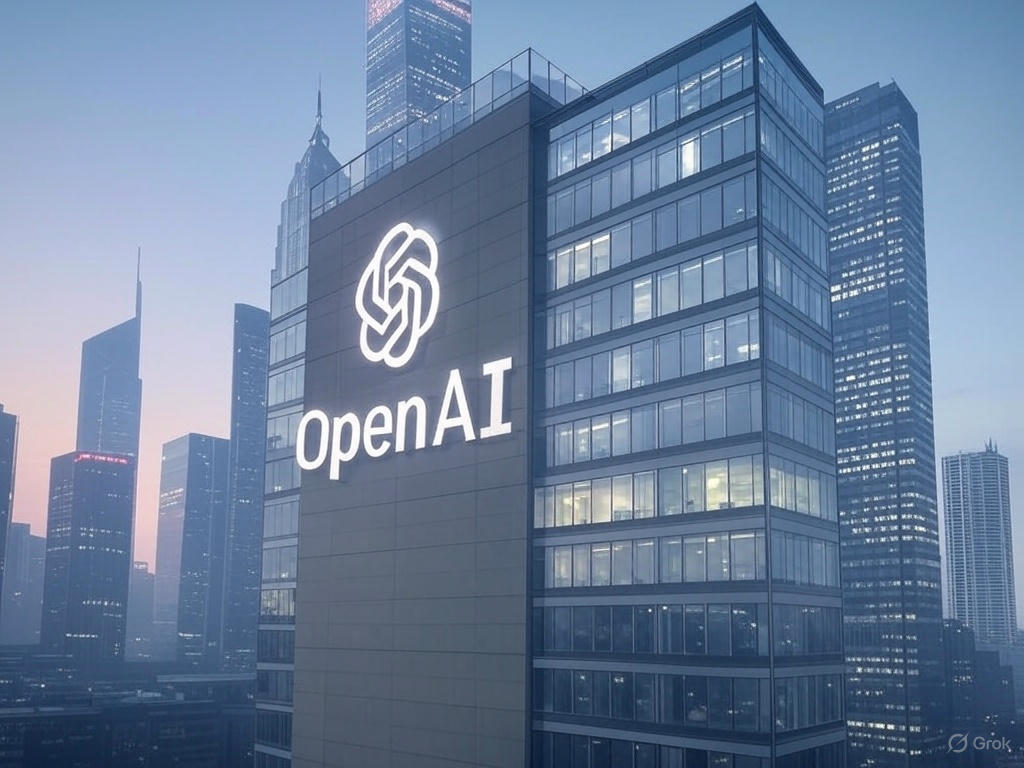OpenAI Makes Waves with $3 Billion Acquisition of AI Startup Windsurf
In a move that’s electrified Silicon Valley, OpenAI announced plans on May 6, 2025, to acquire AI startup Windsurf for a staggering $3 billion. The deal—OpenAI’s largest to date—signals a seismic shift in the artificial intelligence sector, positioning the ChatGPT developer to dominate next-generation AI advancements.
Why Windsurf Caught OpenAI’s Eye
Founded in 2020, Windsurf quietly emerged as a powerhouse in natural language processing (NLP). Its proprietary algorithms, praised for their uncanny ability to interpret context and generate nuanced text, have powered everything from customer service chatbots to real-time translation tools. Analysts suggest Windsurf’s “adaptive learning” framework—a system that evolves with user interactions—gave it an edge in a crowded market.
“This isn’t just about buying tech—it’s about securing talent,” says Jane Doe, lead analyst at TechFront Insights. “Windsurf’s team has cracked code in making AI conversations feel genuinely human. For OpenAI, that’s rocket fuel.”
The Strategic Play Behind the Price Tag
OpenAI’s aggressive expansion strategy has seen it invest heavily in niche innovators, but the Windsurf deal marks a new tier of ambition. The $3 billion valuation, while eye-popping, reflects the sky-high demand for AI firms that bridge theoretical research and real-world applications.
Industry insiders note Windsurf’s NLP capabilities could supercharge OpenAI’s existing products. Imagine ChatGPT with sharper contextual awareness, or enterprise tools that draft legal contracts with minimal oversight. The integration may also accelerate OpenAI’s rumored push into healthcare and education tech, where precise language models are critical.
Consolidation Fever Grips the AI Sector
OpenAI’s grab for Windsurf mirrors a broader trend: Tech titans are snapping up specialized AI startups at a record pace. Google’s $2.1 billion purchase of robotics firm Boston Dynamics and Microsoft’s acquisition of AI ethics platform FairLearn earlier this year underscore a frenzied race to monopolize innovation.
For Windsurf’s clients—a mix of Fortune 500 companies and startups—the deal promises access to OpenAI’s vast cloud infrastructure and global R&D network. While some fear product overhauls, OpenAI has pledged to maintain Windsurf’s existing partnerships while scaling its tech.
What’s Next for the AI Landscape?
The acquisition’s ripple effects could redefine competition standards. Smaller AI developers now face pressure to either niche down or risk being outpriced by deep-pocketed buyers. Regulators, meanwhile, are sharpening their focus: The FTC recently launched a task force to scrutinize anticompetitive mergers in the tech sector.
For consumers, the payoff might arrive sooner than expected. Experts predict OpenAI could debut Windsurf-powered features in ChatGPT by late 2026, potentially revolutionizing how we interact with AI daily—from hyper-personalized content creation to error-free medical diagnostics.
The Bottom Line
OpenAI’s Windsurf purchase isn’t just a transaction—it’s a statement. As artificial intelligence evolves from novelty to necessity, the companies controlling its core technologies will shape industries for decades. With $3 billion on the table, OpenAI isn’t just playing the game. It’s rewriting the rules.
Stay tuned to FinanceTract.com for breaking updates on AI mergers, market trends, and the technologies transforming global finance.
Disclaimer: This article is for informational purposes only and is based on publicly available reports as of May 6, 2025. It does not constitute investment advice; readers should conduct their own research or consult a professional before making financial decisions.




